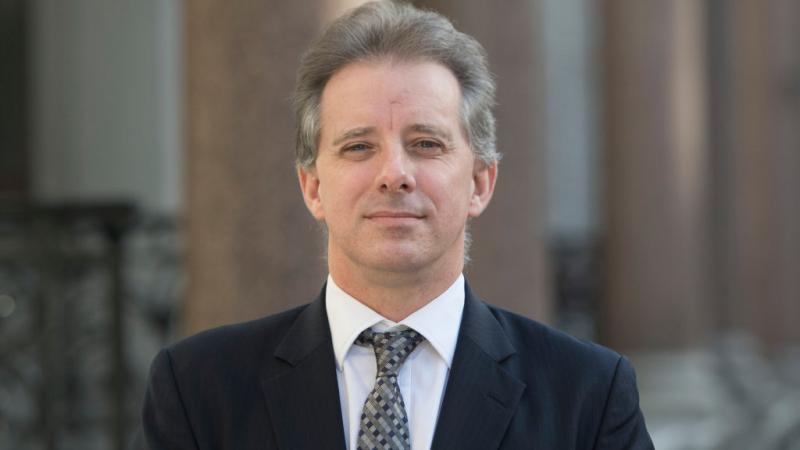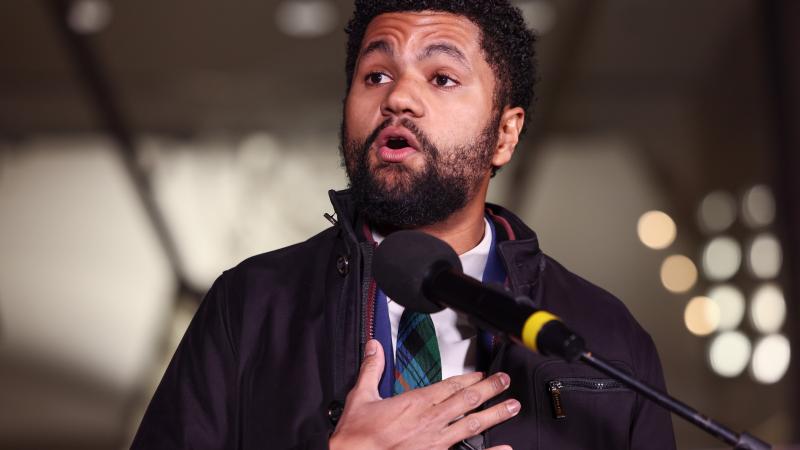IRS says churches as nonprofits can endorse political candidates to congregations
The decree is being considered largely a formality because the IRS has never enforced the amendment for "speech concerning electoral politics in the context of worship services."
The IRS says churches and other houses of worship can endorse political candidates to congregations while maintaining their tax-exempt nonprofit status.
The agency made the statement in a consent judgment filed in a Texas federal court Monday with the National Religious Broadcasters and Intercessors for America, Sand Springs Church and First Baptist Church Waskom.
The plaintiffs sued over the Johnson Amendment that requires "certain organizations, including churches, to refrain from participating or intervening in campaigns for public office as a condition for their non-profit, tax-exempt status."
"When a house of worship in good faith speaks to its congregation, through its customary channels of communication on matters of faith in connection with religious services, concerning electoral politics viewed through the lens of religious faith, it neither 'participate[s]' nor 'intervene[s]' in a 'political campaign,' within the ordinary meaning of those words," the IRS wrote.
The decree is being considered largely a formality because the IRS has not enforced the amendment for "speech concerning electoral politics in the context of worship services."
The agency has for years been wary of punishing religious leaders for political statements made during worship. But the experts said this was the first time the IRS had formally said such statements are explicitly legal, not just tolerated, according to The New York Times.
Still, the churches and the Christian broadcasters group claimed the amendment violated their First Amendment rights to freedom of speech and free exercise of religion, their Fifth Amendment rights to due process of law and equal protection under the law, and the Religious Freedom Restoration Act, according to the court filing.
Said the IRS: "Interpreting the Johnson Amendment to reach such communications would create serious tension with the First Amendment’s Establishment Clause" as it "would treat religions that do not speak directly to matters of electoral politics more favorably than religions that do so."














